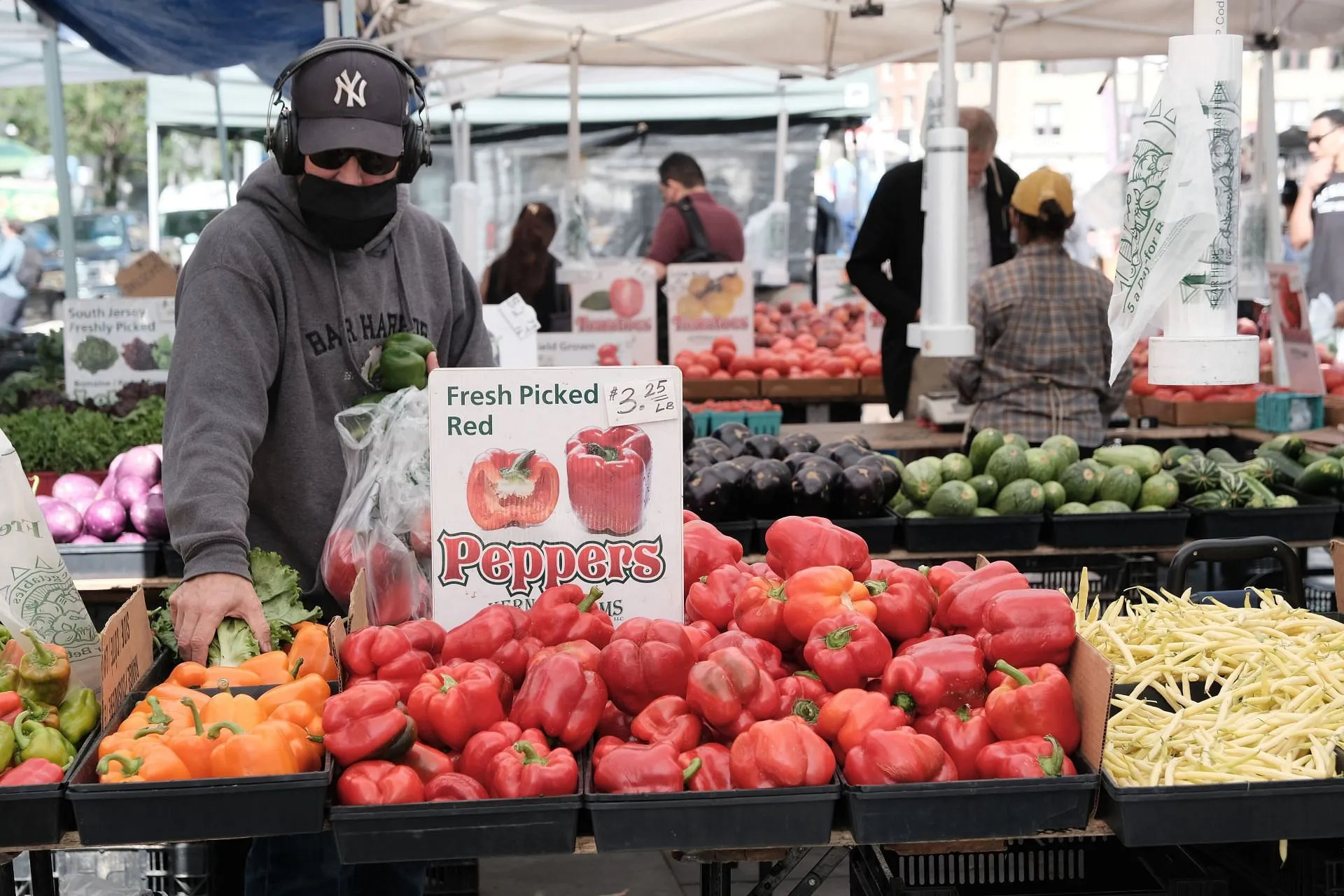In a pivotal step towards fostering healthier dietary habits, the Texas Senate has successfully passed legislation aimed at restricting the use of Supplemental Nutrition Assistance Program (SNAP) benefits. This legislation, known as Senate Bill 379, was approved on March 31, 2025, with a decision reflected in a 22-8 vote.
Senate Bill 379 targets SNAP benefits, which are commonly referred to as food stamps, by prohibiting recipients from using these benefits to purchase specific food and beverage items that contribute to unhealthy diets. The bill’s provisions explicitly call for the exclusion of items such as sweetened carbonated drinks, energy drinks, snack foods like chips and cookies, and prepackaged candies.
Key Aspects of the Legislation
This recent legislative move, introduced by Republican Senator Mayes Middleton, highlights a concentrated effort to tackle public health issues through government assistance programs. The underlying objective is to help low-income families make more nutritious food choices.
The bill has garnered considerable support, evidenced by its passage in the Senate, and now awaits the Texas House’s review. If approved by the House and receiving the necessary sanction from the U.S. Department of Agriculture (USDA), these restrictions are anticipated to be enacted by September 2025.
Motivation Behind the Bill
Senator Middleton has been outspoken about the health implications of the bill. He asserted that taxpayer dollars should not fund the purchase of junk food that exacerbates health concerns such as obesity and diabetes. Highlighting the increasing healthcare costs associated with diet-related illnesses, he advocates that restricting access to junk food can lead to healthier choices among SNAP beneficiaries.
During the debate, Senator Nathan Johnson expressed his support for the initiative while raising critical questions. He argued that improving the health of Texans goes beyond restrictions and suggested enhancing the value of food stamps to allow greater access to fresh fruits and vegetables. This approach could enable individuals to make healthier food selections and encourage retailers to stock more nutritious options.
Concerns Raised by Lawmakers
Democratic Senator Borris Miles voiced a more cautious perspective. While he acknowledged some merits of the bill, he emphasized the potential negative impact it could have on retailers that accept SNAP benefits. His sentiments echoed during the Senate discussions on March 31, 2025, where he highlighted the importance of equitable food access.
“I would want to see a commitment from the state to making better choices available and increasing the purchasing power.”
Senator Miles raised a pertinent point: while promoting healthy eating is essential, accessibility remains a challenge, especially for individuals residing in low-income urban and rural communities.
Industry Response to the Proposed Changes
The beverage sector has responded vigorously to the Texas Senate’s decision to limit SNAP purchases of sugary drinks and unhealthy snacks. The American Beverage Association, which represents major corporations like Coca-Cola and PepsiCo, contends that sugary beverages are not the primary contributors to the obesity epidemic in the United States.
“Soda is not driving obesity in America. Data shows full-calorie soft drink consumption has declined for nearly 20 years, while obesity rates continue to rise.”
The ABA argues that despite a long-term decline in soda consumption, obesity rates have continued to increase, suggesting that other factors are at play in this public health issue.
Understanding SNAP

The Supplemental Nutrition Assistance Program (SNAP), formerly known as food stamps, is a vital federal initiative designed to assist low-income families and individuals in purchasing essential groceries. Benefits are distributed monthly via an Electronic Benefits Transfer (EBT) card, which can be utilized at permitted outlets to buy a variety of food products, including fruits, vegetables, dairy, meat, and grains.
Although SNAP’s primary goal is to enhance nutrition, the recent focus on legislative restrictions has ignited discussions about how best to promote healthy eating habits while ensuring equal access to food resources. As this bill progresses to the Texas House and awaits federal approval, the ongoing debate encapsulates health priorities, economic realities, and the need for equitable solutions. Ultimately, policymakers must navigate the complex interplay between public health promotion and food accessibility for all Texans.


